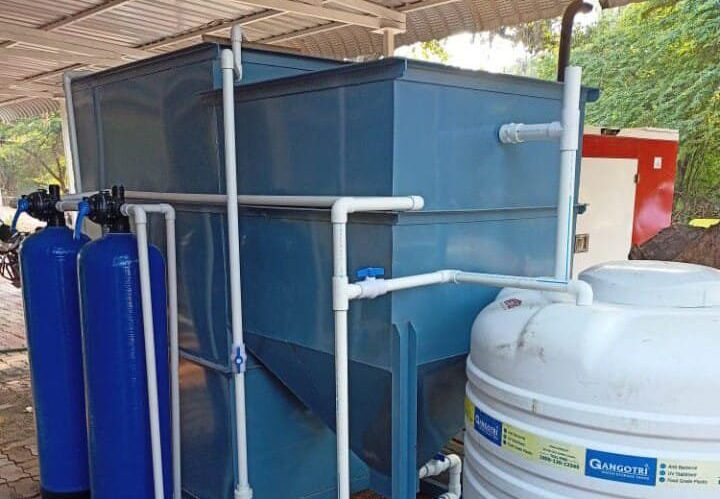In the bustling city of Rewa, hospitals play a critical role in providing healthcare services to the community. However, along with their essential services, hospitals generate a significant amount of wastewater that requires proper treatment to ensure hygiene and environmental sustainability. Amrita Water Solution, a leading manufacturer of ETP (Effluent Treatment Plant), STP (Sewage Treatment Plant), and other water treatment systems, offers specialized sewage treatment plants tailored for hospitals in Rewa.
Sewage Treatment Plants (STPs) are vital in treating and purifying wastewater generated by hospitals, ensuring the removal of contaminants and pathogens before the water is safely discharged or reused. Amrita Water Solution specializes in designing and manufacturing STP plants specifically tailored to the unique requirements of hospitals in Rewa.
The wastewater generated by hospitals contains various hazardous substances, including chemicals, pharmaceuticals, and infectious agents. To ensure the safety of patients, medical staff, and the environment, it is crucial to have efficient sewage treatment systems in place.
Amrita Water Solution’s STP plants for hospitals are designed with advanced processes and technologies to effectively treat and remove contaminants from hospital wastewater. These plants prioritize the removal of pathogens, pharmaceutical residues, and other harmful substances to safeguard public health and the environment.
The treatment process in hospital STPs involves multiple stages to achieve optimal results. The primary treatment stage focuses on removing solid waste, debris, and grit through processes such as screening and sedimentation. This initial treatment step helps protect downstream equipment and prepares the wastewater for further treatment.
Following the primary treatment, the wastewater undergoes secondary treatment, primarily employing biological processes. Amrita Water Solution utilizes advanced technologies like activated sludge process, sequencing batch reactors, or moving bed biofilm reactors to facilitate efficient biological degradation. These processes harness the power of specialized bacteria and microorganisms to break down organic pollutants and pathogens, significantly reducing their concentration.
After the secondary treatment, the wastewater enters the tertiary treatment stage, which aims to achieve high-quality treated water suitable for safe disposal or potential reuse. Advanced techniques such as sand filtration, activated carbon adsorption, and disinfection using ultraviolet (UV) or ozone treatment are employed. These processes effectively remove any remaining impurities, pathogens, and chemicals, ensuring that the treated water meets stringent regulatory standards.
Amrita Water Solution’s STP plants for hospitals prioritize sustainability and environmental responsibility. The company incorporates energy-efficient processes, water recycling systems, and efficient sludge management techniques in their designs. By minimizing energy consumption and optimizing resource utilization, these treatment plants contribute to reducing the overall environmental impact and operational costs.
In addition to manufacturing high-quality STP plants, Amrita Water Solution provides comprehensive support services. Their team of experts assists with installation, commissioning, and maintenance of the treatment plants, ensuring their optimal performance and compliance with regulatory requirements.
Implementing Amrita Water Solution’s STP plants in hospitals in Rewa signifies a significant step towards responsible wastewater management. By effectively treating hospital wastewater, these plants ensure the safety of patients, medical staff, and the environment. They also contribute to reducing the strain on freshwater resources and promote sustainable healthcare practices.
Amrita Water Solution’s expertise in manufacturing STP plants for hospitals positions them as a reliable and trusted partner for healthcare facilities in Rewa. Together, we can embrace efficient sewage treatment solutions, ensure hygiene, and work towards a sustainable and healthier future for hospitals and the community.




